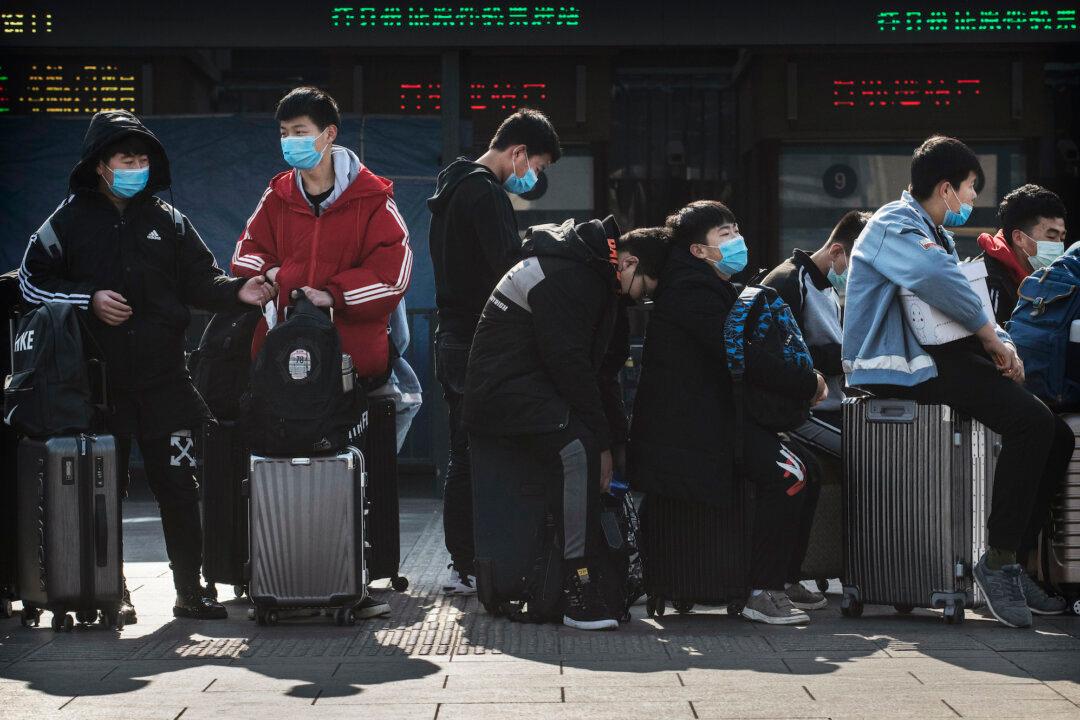The Epoch Times recently obtained government documents from a trusted source that reveal a conflict in 2019 between China and Russia over a Chinese fishing boat that was caught illegally fishing in Russian waters.
The series of telegrams were sent from the Chinese Consulate in Vladivostok, Russia, a major port city near the country’s far-eastern border. They were addressed to the provincial governments of Shandong, Hainan, Jilin, Heilongjiang, Guangxi, and copied to China’s foreign and agriculture ministries, the China Coast Guard, and the Chinese Embassy in Moscow.




